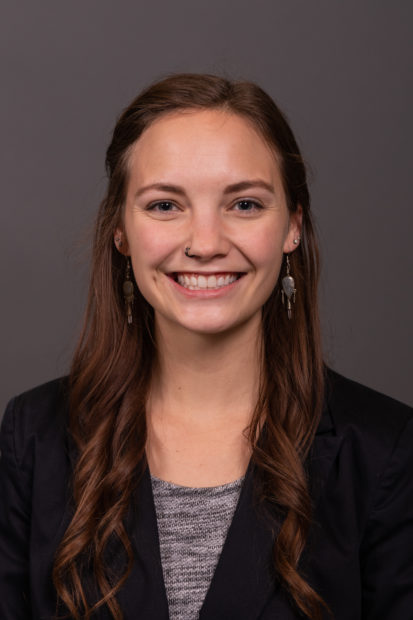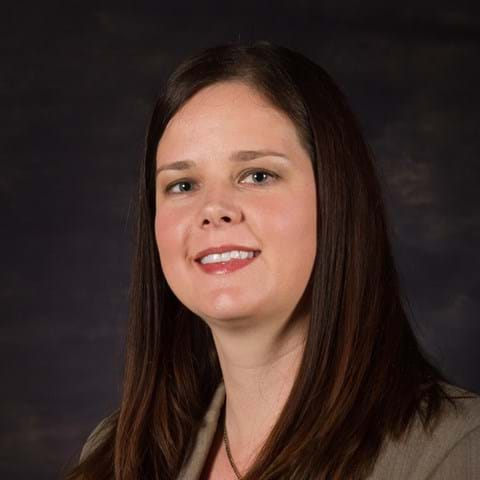LEWISTON — Students at Lewis-Clark State College are capitalizing on a program that provides on-the-job training and income to help cover tuition and other expenses.

The LC Work Scholars initiative connects students to part-time jobs in their fields of study — then pays them $750 to $800 a semester in stipends and full tuition scholarships to participate.
The program is connecting students to the workforce, and helping them avoid the looming college debt that can deter people from pursuing higher education. At least one-third of the program’s 77 students have graduated debt-free since its 2015 inception, said the college’s director of student employment Erin Cassetto.
Average student loan debt is about $13,400 for work scholars, Cassetto said. Idaho’s average is nearly $25,000, according to the Institute for College Access and Success.
The program has brought educational and financial benefits to college sophomore Kylie Wilson.
Wilson applied after hearing about an opening through the Department of Environmental Quality. After starting last fall, she landed a job bringing new solutions to existing projects at the department.
A week after pitching an idea to build an interactive website on local aquifers, she had a draft site up and running. She studied aquifers and gained skills in the web-based mapping tool GIS. Her resulting draft site was a barebones version of what it could be, she said.
But her speedy work impressed her superiors.

Wilson made the website seem like an obvious choice, said Michael Camin, water quality engineering manager at the department’s Lewiston office.
Wilson is still in her first semester on the job. She plans to have a final website up and running by the end of the school year. She’ll also get to see the project progress during the rest of her time at Lewis-Clark State.
Other students in the program have been jumping forward, Cassetto said — in some cases, too far. Program staff have had to remind students to schedule downtime so that they may recharge and more effectively re-engage with their schoolwork and jobs.
For Wilson and the state agency she’s working for, it’s been a win-win.
Working with students like Wilson is “significantly cheaper than hiring someone outside,” Camin said.
Wilson referenced the workforce experience she’s gaining, and the chance to provide more information about aquifers to Idahoans.
Both students and employers need to apply to the program, Cassetto said. Students must be Idaho residents seeking two- or four-year degrees, be in their sophomore year and demonstrate a financial need. Students must also maintain full-time enrollment and have a 3.0 GPA to get in and remain in the program.
